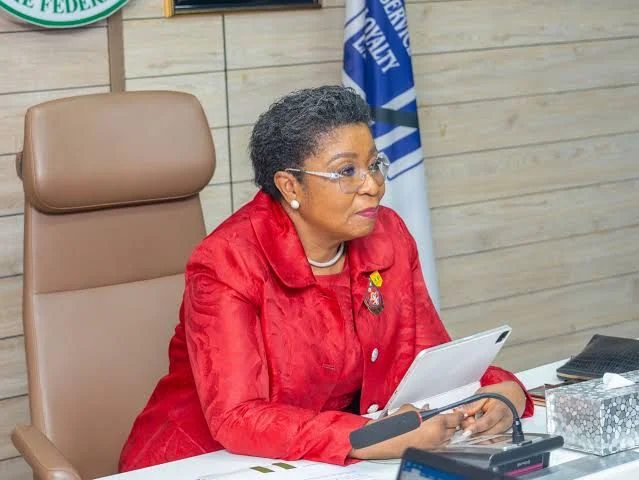On October 7, 2025, Nigeria’s government and the Chartered Institute of Personnel Management (CIPM) introduced a reform to professionalize HR in the civil service.
The Nigeria HR reform was unveiled at an Abuja workshop.
Global Standards Targeted
Didi Walson-Jack, Head of the Civil Service, launched the HR Initiative. She called HR “an organization’s core,” aligning the Nigeria HR reform with international best practices for efficiency.
Mandatory HR Certification
The reform requires HR certification for directorate-level roles. By January 2026, certified professionals will be prioritized for HR positions, ensuring the Nigeria HR reform drives competency.
Competency Framework Introduced
A national HR competency framework will guide the reform. Officers must start CIPM certification within 12 months. Global partners will aid accreditation, strengthening the Nigeria HR reform.
CIPM’s Key Role
Walson-Jack highlighted CIPM’s legal authority to certify HR professionals. This makes CIPM central to the Nigeria HR reform, ensuring high standards across the civil service.
CIPM’s Pledge
CIPM President Ahmed Gobir called the reform transformative. “It’s a turning point for the public sector,” he said. CIPM will promote ethical HR practices through the Nigeria HR reform.
Boosting Accountability
Gobir emphasized accountability. “We’re building skilled HR professionals,” he stated. The Nigeria HR reform aims to enhance performance in the civil service by 2026.
Certification Timeline Set
The reform mandates HR officers to pursue certification promptly. From 2026, certified professionals will be favored, advancing the Nigeria HR reform’s goal of elevating service quality.
Long-Term Benefits
The initiative promotes sustainable performance. By professionalizing HR, the Nigeria HR reform enhances workforce management, aligning with global trends for a stronger public sector.
Future Vision
The reform signals a shift toward professionalism. With CIPM’s support, the Nigeria HR reform will transform civil service HR, fostering excellence and accountability in 2025 and beyond.
Nigeria Poverty Dispute: Tinubu Rejects World Bank’s 139M Claim




















